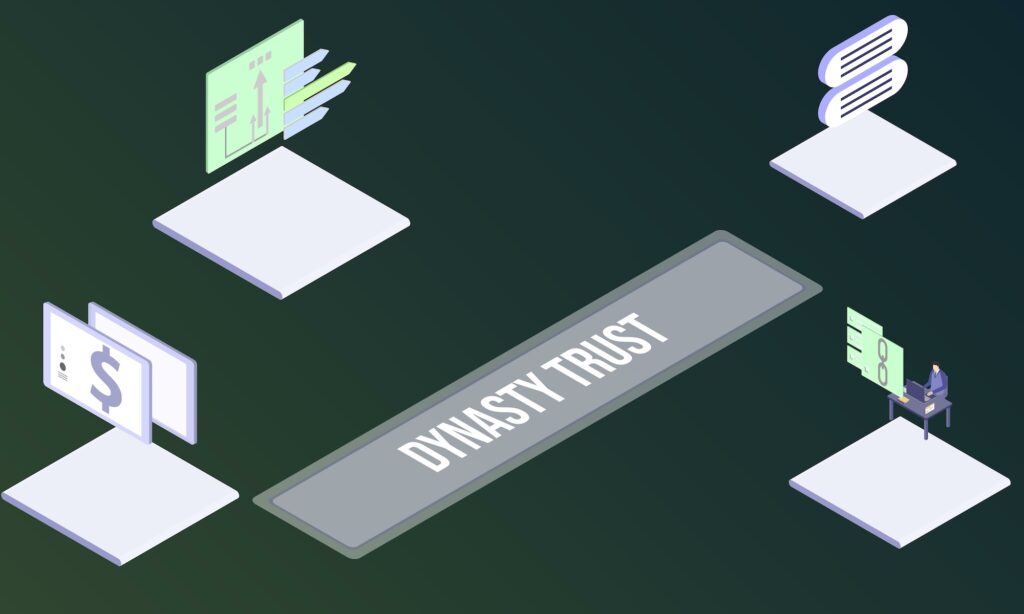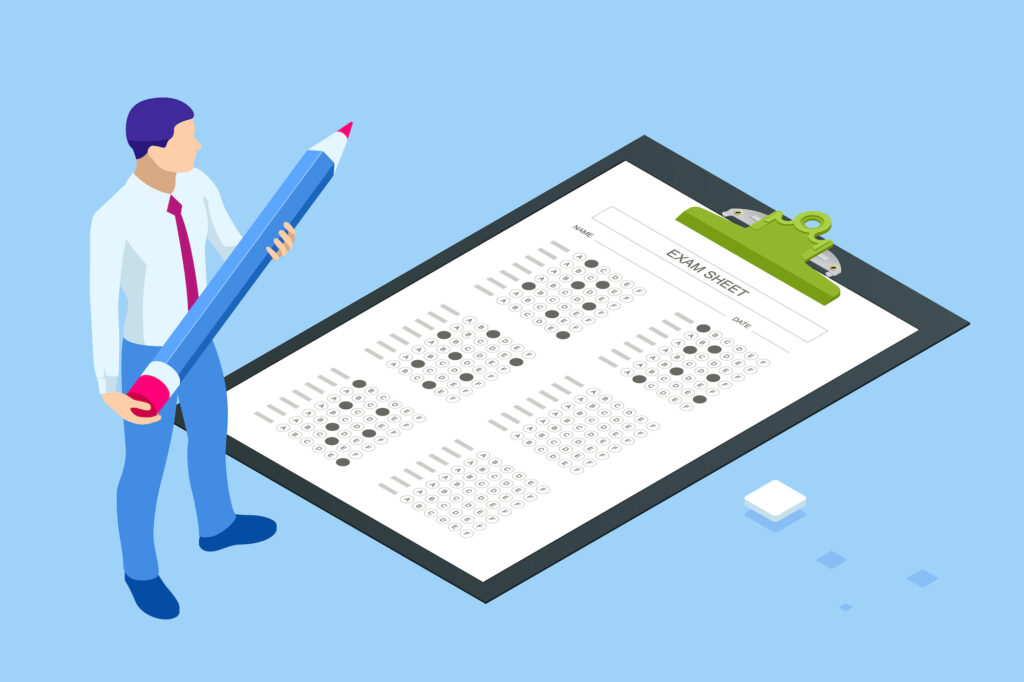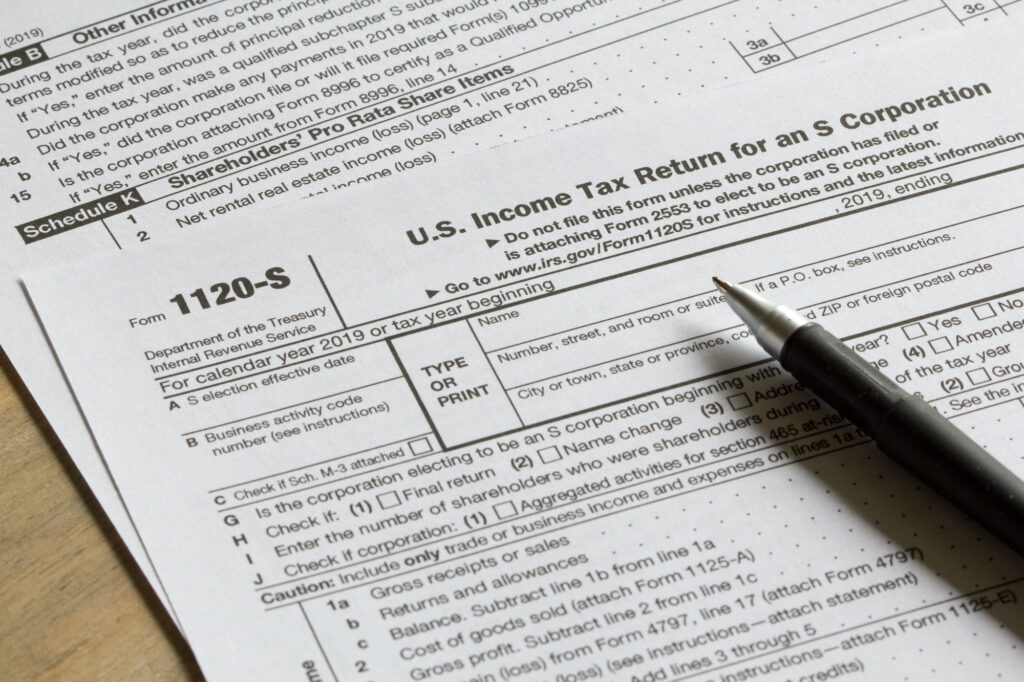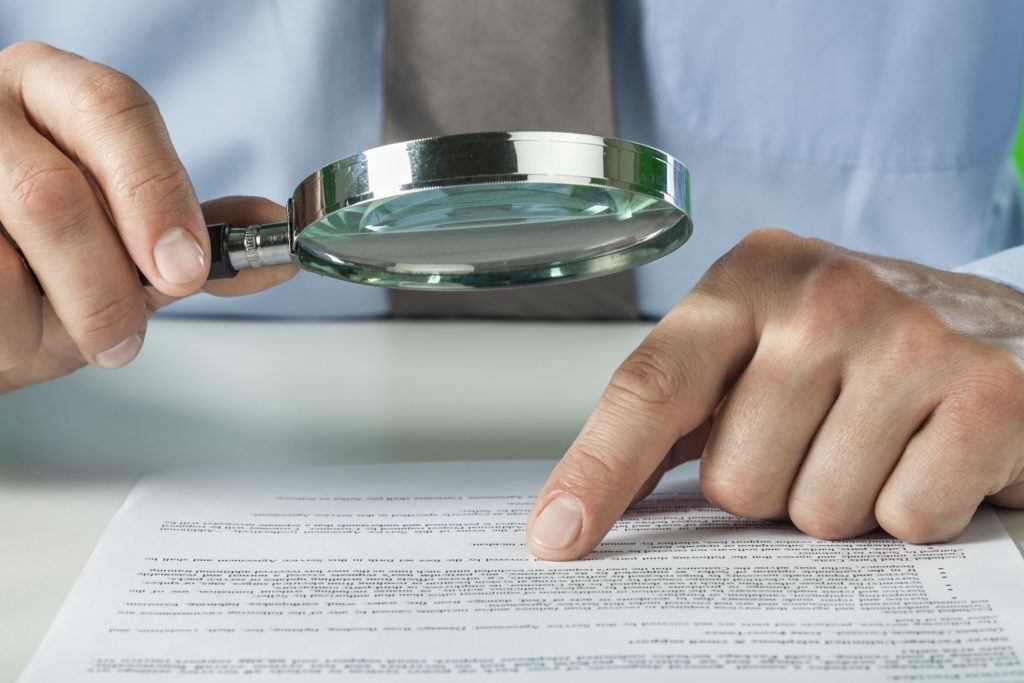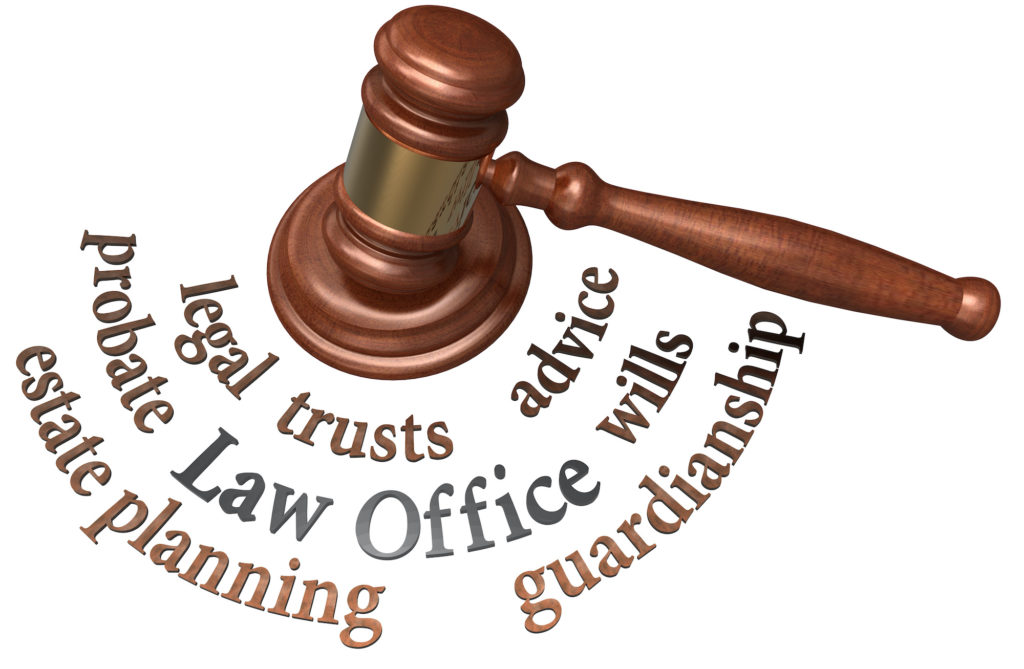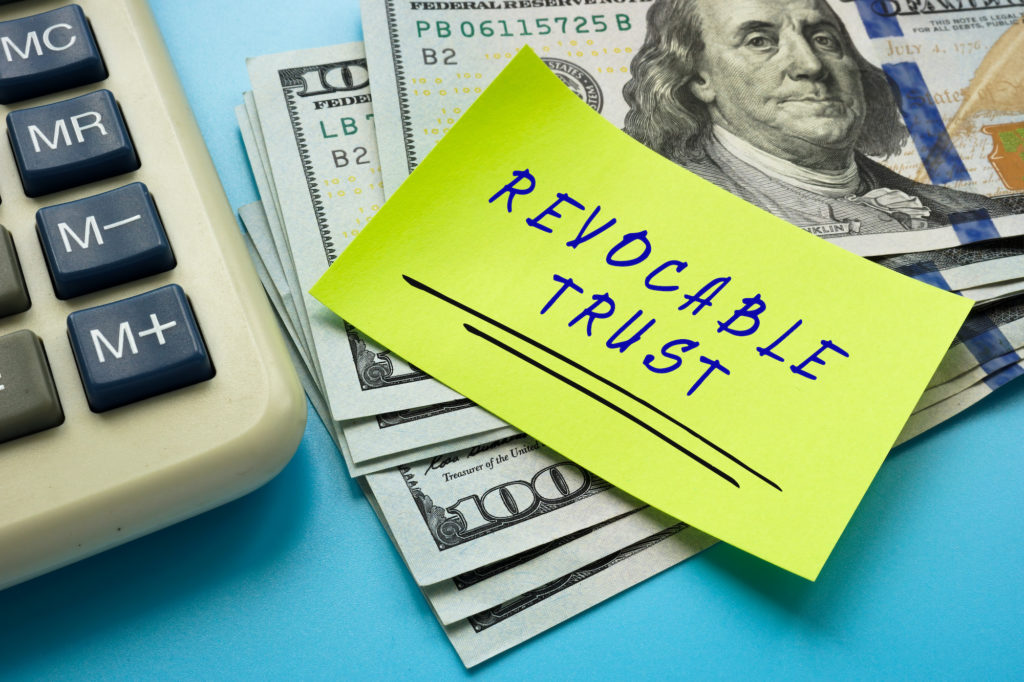When people create estate plans, they typically focus on distributing their money and property to loved ones. For those interested in multigenerational wealth transfer, consider dynasty trusts.
Category Archives: Estates
When choosing trusted decision makers, select individuals based on their strengths. In other words, consider which characteristics or traits each decision-making role requires.
The Internal Revenue Service (IRS) describes S corporations as “corporations that elect to pass corporate income, losses, deductions, and credits through to their shareholders for federal tax purposes.”
With a nongrantor trust, the trust maker has given up all power over the trust and has no right to any of the trust’s accounts or property. In many circumstances, the trust maker may not even be a trust beneficiary.
A cold wallet is a physical storage device, such as a USB drive. It stores your crypto offline. The downsides of this option include the cost of the hardware, and that the device may be a small object which may easily be misplaced.
Failure to take the time to craft an estate plan could leave the state where you reside at the time of your death in the driver’s seat. Laws in most states set forth how to apportion property.
Many financial institutions allow account holders to sign documents that transfer funds immediately to another person upon the account holder’s death.
Retiring or stopping your employment means losing one type of income. For many, their retirement accounts will provide a large portion of the money they will be living on during their retirement; however, this does not happen overnight, it takes advance planning.
A life insurance policy sometimes provides money for continuing care of family members with long-term disabling health conditions.
When a married couple (the grantors) uses a joint RLT for estate planning, they also serve as initial trustees of the trust. The grantors then combine their separate property and joint property into the same trust.


